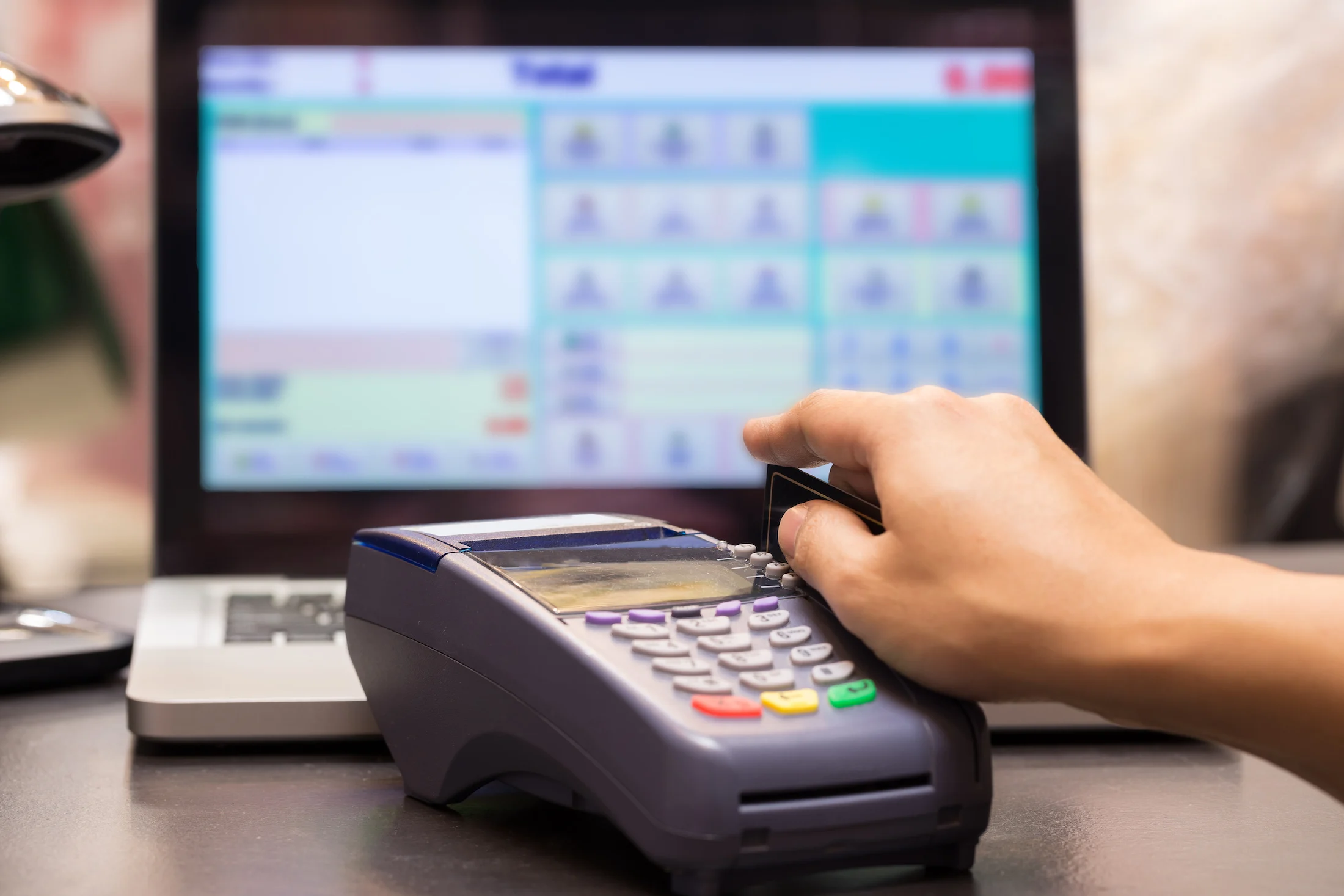There’s no doubt that gas stations are and have been known to be one of the safest investments an entrepreneur can make. They provide for a relatively simple and easy to manage business that typically yields high returns.
This doesn’t mean, however, that gas stations are immune to failure. Like any business, the risk of failure is always present. How owners prepare for these risks will determine whether their business can stay afloat or not when their business is struggling.
Here are some of the most common reasons why gas stations fail and the preemptive measures owners should take to avoid such pitfalls.
Why Do Gas Stations Fail?: Location
One of the biggest reasons why some gas stations fail is their location. There’s a reason we can readily find gas stations outside of freeway exits; the need for gas and constant flow of cars brings in a steady line of customers.
If a business isn’t situated near a busy freeway exit, it’s likely in a residential area. A prospective owner should study the neighborhood. Are there any schools or offices nearby to bring in frequent customers? What’s the population of the city and surrounding area? Are there any limitations on opening a gas station in that area? There should be some incentive for you to open a gas station in a residential area that will ensure you can build returning local customers.
Additionally, you want to look at the competition in the area. While many gas stations do fine with a competitor nearby, their neighborhood might have the customer flow to support multiple stations. Make sure you evaluate what the risk is of opening a station near a competitor.
Why Do Gas Stations Fail?: Lack of Services
Most outsiders looking into gas station businesses wrongly assume that gas sales have a significant percentage of the monthly profit. In reality, however, any gas station owner can tell you that gas sales provide for very low margins. Most of the profits come from the supplementary businesses that come with the station.
If you’re developing a gas station business plan, here are some additional services you can add to your gas station to help boost sales.
- Convenience store: Convenience store products yield great sales margins and carry things pretty much anyone could want. With a low labor cost, convenience stores are easy to manage and should be an integral part of any gas station business strategy.
- Repair shop: It’s no secret that cars will break down and need some fine tuning every now and then. Especially if you’re next to a freeway or isolated from competitors, repair shops can become one of your most profitable assets if incorporated in the right environment.
- Car Wash: Opening a car wash, like with a repair shop, is best done in an area with little competition. Car washes are best situated with gas stations in busy residential areas.
Why Do Gas Stations Fail?: Brand
Brand is a tricky thing to assess because when you sign over rights to a business, you may not necessarily maintain the same brand. And even if you do maintain the same brand, you might not be expecting some of the baggage that it carries.
Here are some important questions to ask regarding your station’s brand.
- Are there significant franchise fees?
- What do the previous and current contract agreements look like?
- Is the gas station with a known franchise or is it an independent license?
- Is the current franchise agreement transferable? Will there be any changes once the keys have been turned over to your hands?
- How much support will you have for pump maintenance as an independent owner?
- Does the comfort of signing into a franchise agreement outweigh any extra fees, restrictions, or conditions?
Why Do Gas Stations Fail? Lack of Business Strategy
This might be one of the most overlooked reasons why a gas station might fail, but it’s one of the most important to consider.
Strong business strategies include everything mentioned above and more. Having a strong business strategy means understanding the customers that you deal with on a daily business, the location you’re doing business in, and the best products and services you could provide to meet those needs.
Having a solid business strategy is, among other things, about organization. It’s about having the right tools to help you evaluate and assess your performance. It’s about reviewing which products are selling and which ones are carrying dust on the shelves. It’s about having the right technology to assist you in tracking, reviewing, and understanding your business from top to bottom.
CStore Essentials provides a complete management system that will provide your business with everything you need to track sales, reviewing shopper trends, and manage both the short and long-term operations of your business. If you’re confident in dealing with every risk mentioned in this article, take the first step in ensuring your business is well organized and managed, and try CStore Essentials' complete back office technology today.

